Aluminium system and recovery from Covid-19, let us get rid of the import tariffs on raw metal right away
By Mario Conserva
The hapless tariff policy on raw aluminium, suggested by an old-style lobby, adopted and unfortunately maintained over the years by EU decision-makers, is putting a severe strain on the European light metal industrial system, which is dependent on an internal primary production capacity now at its limits and largely insufficient to feed the first transformations of extrusions, rolled products and foundry castings and the subsequent downstream processing and manufacturing. It is well known that the import tariff introduces an artificial increase in the price of all the metal used in the EU, on that little primary metal produced internally, on that imported with theoretical exemption from customs duties, and on the raw material produced by recycling, with an extra cost for the whole system calculated at around € 1 billion per year. In addition, we should record the market tensions of recent times, closely linked to China’s craving for primary metal: the country is closing down obsolete and polluting smelters and raking in metal for its own internal uses, which are growing rapidly. Another serious risk can therefore be foreseen, in addition to the higher cost of an increasingly indispensable raw material, namely a world scenario which, due to the burden of import tariffs, structurally excludes old Europe from primary metal flows. All of this at a time when light metal appears to be a major player among the materials of the future, with global growth from 65 million tonnes of primary metal produced in 2020 to almost double that amount expected in 2050. Can we afford the luxury, at the height of the debate on the recovery plan from Covid-19, of maintaining a brake on development such as this absurd tariff, a gift for a few, an obstacle to procurement, a serious anti-competitive burden for the entire aluminium downstream sector, which is worth over 74% of the turnover of the entire value chain and over 90% of the workforce in Europe, and which is forced to pay more for the same raw material than its international competitors?
